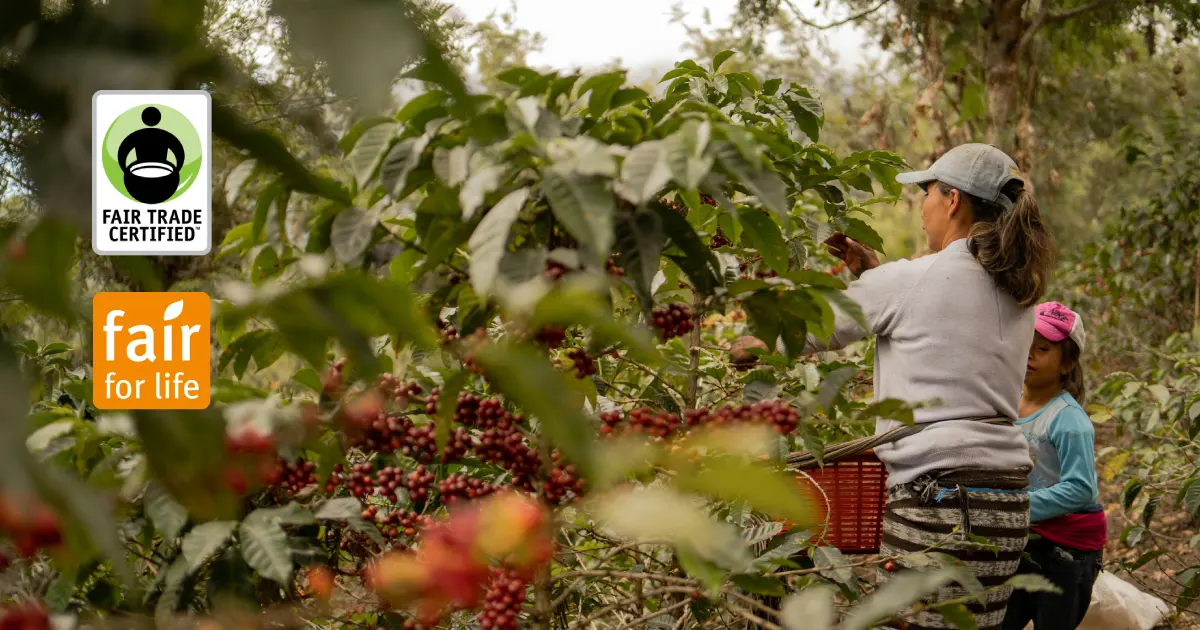
Fair trade certifications are becoming more important in the food industry. These certifications ensure ethical sourcing and promote fair trade products. As consumers become more aware of food issues, food businesses need to assess how important these certifications are. They should consider whether these certifications are necessary and if their customers require them.
Fair Trade Certified Food is a label for food products that meet certain standards set by fair trade groups. This certification makes sure that farmers and producers earn fair wages, work in safe conditions, and use sustainable farming methods. When consumers choose Fair Trade Certified Food, they support ethical sourcing and help improve the lives of those who grow their food.
When you see "Fairtrade" on a food label, it means the product is certified by a fair trade organization. This label shows that the product was made following fair trade principles. It ensures that farmers receive fair pay, work in safe conditions, and helps the environment.
Fairtrade products cover many categories, such as coffee, tea, chocolate, sugar, fruits, and textiles. Some popular Fairtrade brands are Equal Exchange and Green Mountain Coffee for coffee, Divine Chocolate for chocolate, and Harney & Sons for tea.
There are many fair trade organizations available, each with its own rules and standards to support ethical trading. Some key certifications are:
Besides Fairtrade International, Fair Trade USA, and Rainforest Alliance, there are other important fair trade food certifications. Fair for Life ensures ethical and sustainable practices in supply chains. The Small Producers' Symbol (SPP) was created by small farmers to guarantee fair prices and representation. UTZ, which is now part of Rainforest Alliance, focused on traceability and farming practices. Naturland Fair combines organic standards with social fairness, especially in Europe. Each of these certifications helps support ethical trade and sustainable food production.
Fair Trade Certifications are not the same as food safety certifications. Food Safety Certifications ensure that food products are produced and handled safely, focusing on health, hygiene, and regulatory compliance (e.g., ISO 22000, HACCP). Fair trade certifications on the other hand promote ethical practices, fair wages, and environmental sustainability.
Fair Trade certification differs significantly from religious certifications like halal and kosher. While halal and kosher certifications ensure compliance with specific dietary laws, Fair Trade focuses on the ethical and environmental aspects of food production. However, the certifications can overlap, as some Fair Trade-certified products also carry halal or kosher labels, particularly in multicultural markets.
Fair trade certifications help ensure that products are made under ethical, transparent, and sustainable conditions. They benefit both producers and buyers by building a more responsible supply chain.